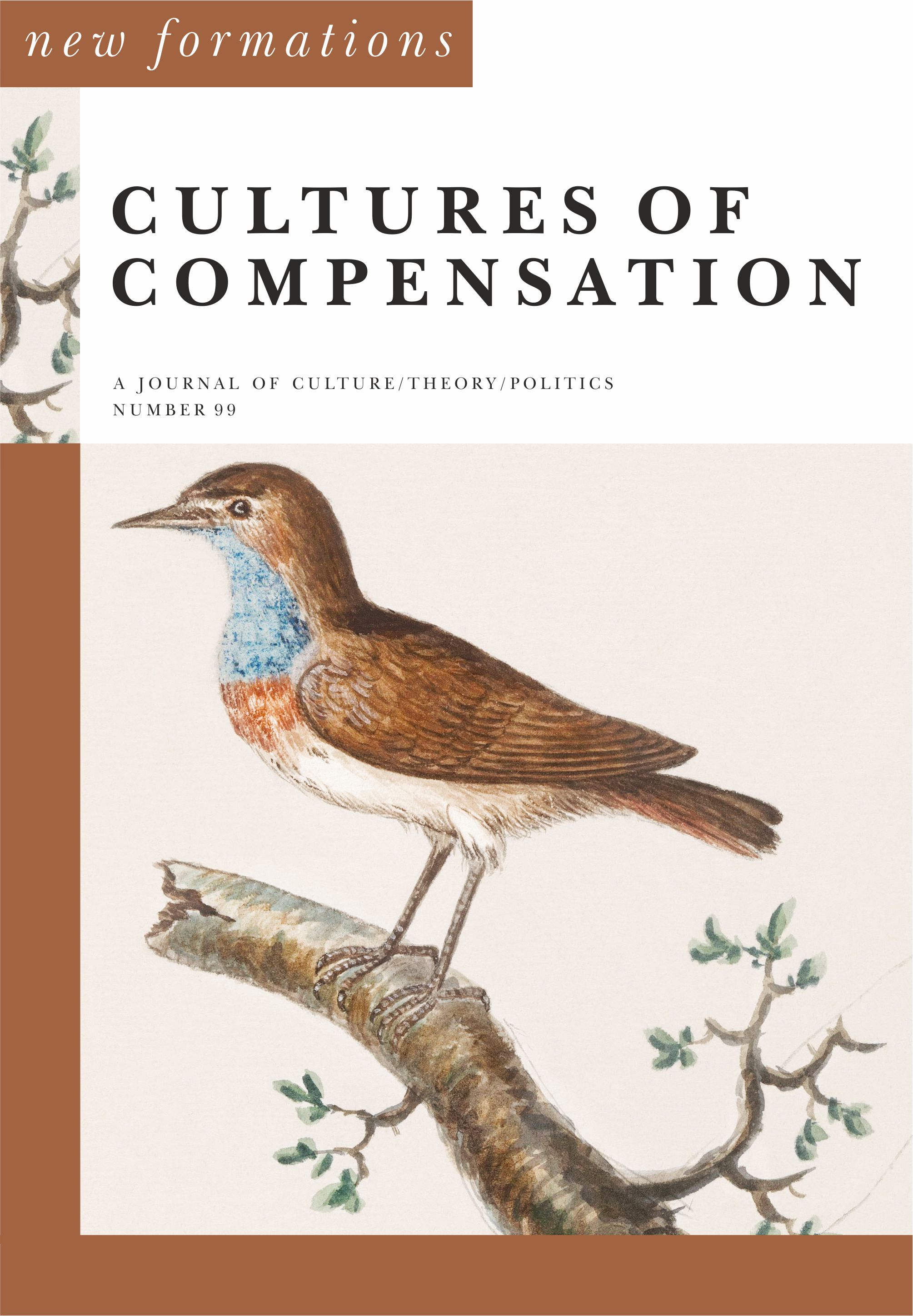
Agnes Heller and Biopolitics
New Formations - Print ISSN 0950-2378 - Online ISSN 1741-0789
Volume 2020 Number 99
Agnes Heller and Biopolitics
David Bennett, Carolyn D'Cruz, Glenn D'Cruz, Julia Vassilieva
DOI: 10.3898/nEWF:99.01.2019
Abstract
This article is published as a tribute to the late Hungarian philosopher Agnes Heller, who died earlier this year. Heller was best known as a prolific writer and political activist whose academic work addressed a wide range of topics, including the status of reformist Marxism, modernism, postmodernism, democracy and aesthetics. The article comprises an introduction, outlining Heller’s career as a political dissident and activist, academic philosopher and public intellectual, and an edited transcript of a discussion with Heller, conducted in 2010, focusing on her work on biopolitics. The discussion-interview reflects its historical moment both in the nature of the questions posed and in Heller’s responses to them. Heller elaborates her thinking on this topic with particular reference to the following issues: the technical, moral and legal limits of biopolitics in relation to new biological technologies such as genetic engineering; the tension between conceptions of biopolitics as a type of identity politics and as a practice of governmentality and demography; Giorgio Agamben’s theorising on biopolitics in Homo Sacer and Hannah Arendt’s views on political representation and her distinction between the private and public spheres. Heller also addresses other themes that run through her oeuvre, such as the status and meanings of democracy, totalitarianism, minority rights, and the relationship between ecological science and politics. The conversational tone of the discussion provides a concise and accessible introduction to Heller’s later work and conveys her sense of dynamic engagement with what continue to be urgent political and philosophical issues.
To cite this article
David Bennett, Carolyn D'Cruz, Glenn D'Cruz, Julia Vassilieva (2020) Agnes Heller and Biopolitics, New Formations, 2020(99). https://doi.org/10.3898/nEWF:99.01.2019
